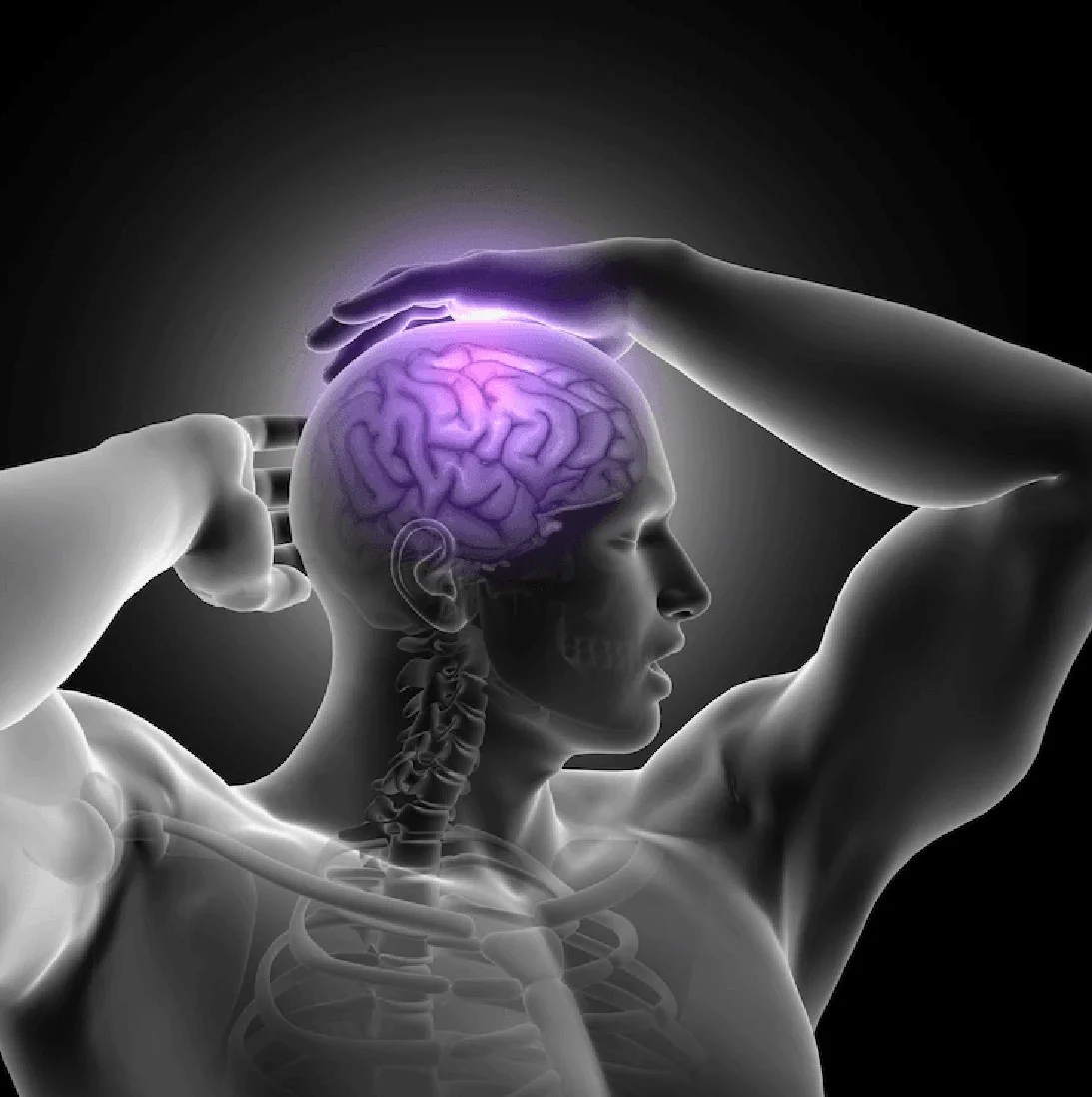
Department of Neurology
Welcome To Gangasheel Hospital
What is Seizures?
A seizure is a sudden, uncontrolled electrical disturbance in the brain. It can cause changes in your behavior, movements or feelings, and in levels of consciousness. Having two or more seizures at least 24 hours apart that aren't brought on by an identifiable cause is generally considered to be epilepsy.
There are many types of seizures, which range in symptoms and severity. Seizure types vary by where in the brain they begin and how far they spread. Most seizures last 30 seconds to 2 minutes. If a seizure lasts more than 5 minutes he is a medical emergency.
Seizures are more common than you might think. A seizure may follow a stroke, a closed head injury, an infection such as meningitis, or another disorder. However, the cause of seizures is often unknown.
Most seizure disorders can be controlled with medication, but treating seizures can have a huge impact on your daily life. The good news is that you can work with your doctor to balance seizure control with medication side effects.
- Signs and symptoms during an attack may range from mild to severe, depending on the type of attack.
- Temporary confusion
- Staring spells
- Uncontrolled jerky movements of limbs
- Unconsciousness or loss of consciousness
- Cognitive or emotional symptoms such as anxiety, agitation, or déjà vu It is either localized or generalized, depending on where and how the abnormal brain activity begins. A seizure can also be classified as unknown onset if it is not known how the seizure started.
Nerve cells (neurons) in the brain generate, send, and receive electrical impulses that allow nerve cells in the brain to communicate. Anything that interferes with these communication paths can lead to seizures. Some types of seizure disorders can be caused by genetic mutations.
The most common cause of seizures is epilepsy. However, not everyone who has a seizure develops epilepsy.
Seizures can be caused by:-
- Medications that lower the seizure threshold, such as certain analgesics, antidepressants, or smoking cessation therapy
- Head trauma that causes intracerebral hemorrhage
- Vascular abnormalities in the brain
- Autoimmune diseases, including systemic lupus erythematosus and multiple sclerosis
- Stroke
- Brain tumor
- illicit or recreational drug use such as amphetamines or cocaine
- alcohol abuse or extreme addiction during withdrawal
COVID-19 viral infection.
Seizures are often unavoidable. However, you are most likely to reduce your risk by maintaining a healthy lifestyle. You can:-
- Get enough sleep.
- Eat a balanced diet and drink plenty of fluids.
- Play sports regularly.
- Work on techniques to reduce stress.
- Do not use illegal substances.
- If you are taking medication for epilepsy or any other
- Medical condition, take it as recommended by your doctor.
Most people who have had one seizure never have another, but people with epilepsy tend to have spontaneous seizures.
Seek medical attention if you or your child are having their first seizure, have multiple seizures, or have seizures more frequently than usual.
Medications
People diagnosed with epilepsy usually need medication to control seizures. These drugs, called antiepileptic drugs, control seizures in up to 70% of people.
Always follow your doctor's instructions and let them know if you have any side effects from your medicines. Do not stop taking the medicine abruptly, as this itself can lead to seizures. If one antiepileptic drug does not work, other drugs can be tried until the best antiepileptic drug is found.
Ketogenic Diet
For children whose seizures do not respond to medication, a special diet called a ketogenic diet may help with certain types of seizures. Your doctor or specialist can advise you as to whether this is right for your child. and may be considered for seizures that always occur in the same part of the brain.
Yes, Seizures treatment is available in Bareilly at Gangasheel Hospital by the team of expert Neurologists in the city.
